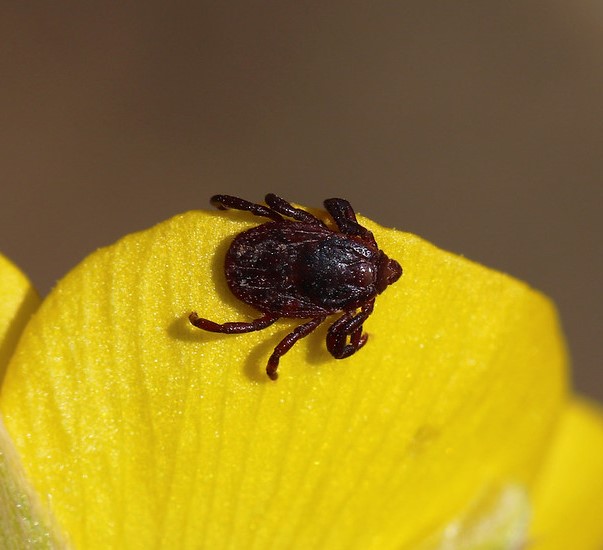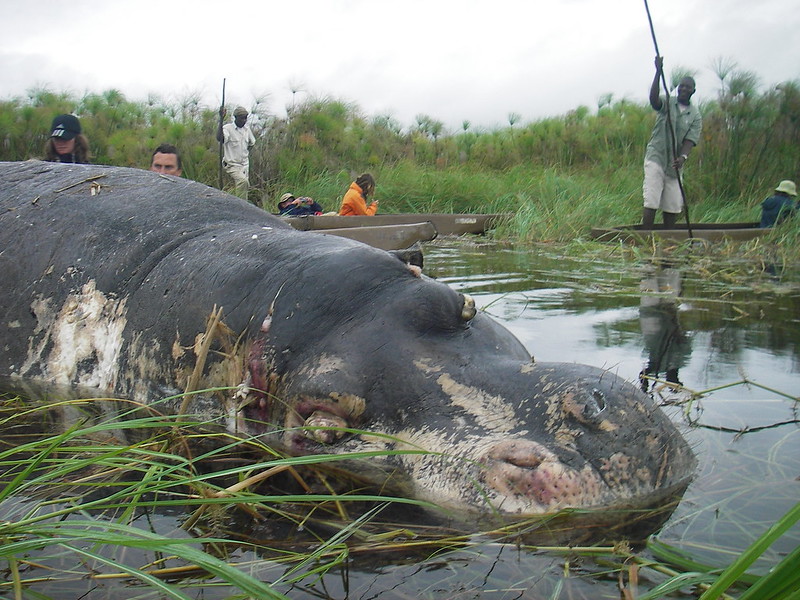
Ingeborg van Leeuwen / Flickr cc
At least five people have contracted the tick-borne disease called Rocky Mountain spotted fever (RMSF) after travel to Mexico, and three died, the US Centers for Disease control and Prevention (CDC) said in a Health Alert Network advisory late last week.
All the patients—four of whom are children—were treated at hospitals in Southern California after travel to Tecate, a city in Baja California, which is a Mexican state south of California. The CDC noted that RMSF is a rapidly progressive disease and can be fatal within days without early administration of the antibiotic doxycycline.
Early treatment essential
The CDC said, "Consider initiating doxycycline based on presumptive clinical and epidemiologic findings, and do not delay treatment pending the result of a confirmatory laboratory test. Early treatment with doxycycline saves lives."
The patients were diagnosed as having lab-confirmed RMSF since late July. All had traveled to or had lived in Tecate within 2 weeks of illness onset. The disease is endemic in multiple border states in northern Mexico. Three patients were US residents, and two were Mexicans. All five were hospitalized, and three died.
Early treatment with doxycycline saves lives.
The bacterium that causes RMSF, Rickettsia rickettsii, can be transmitted by brown dog ticks (Rhipicephalus sanguineus), which feed on dogs in and around cities in some regions. The CDC said many people who have the disease don't recall a tick bite.
RMSF signs and symptoms can be relatively mild and not very specific during the first 1 to 4 days of illness and include a low to moderate fever, headache, gastrointestinal symptoms, abdominal pain, muscle aches, rash, and swelling around the eyes and on the back of hands. Patients with more advanced disease may experience altered mental state, coma, brain swelling, difficulty breathing, and multiorgan system damage. The case-fatality rate of RMSF in Mexico can exceed 40%, the CDC said.















